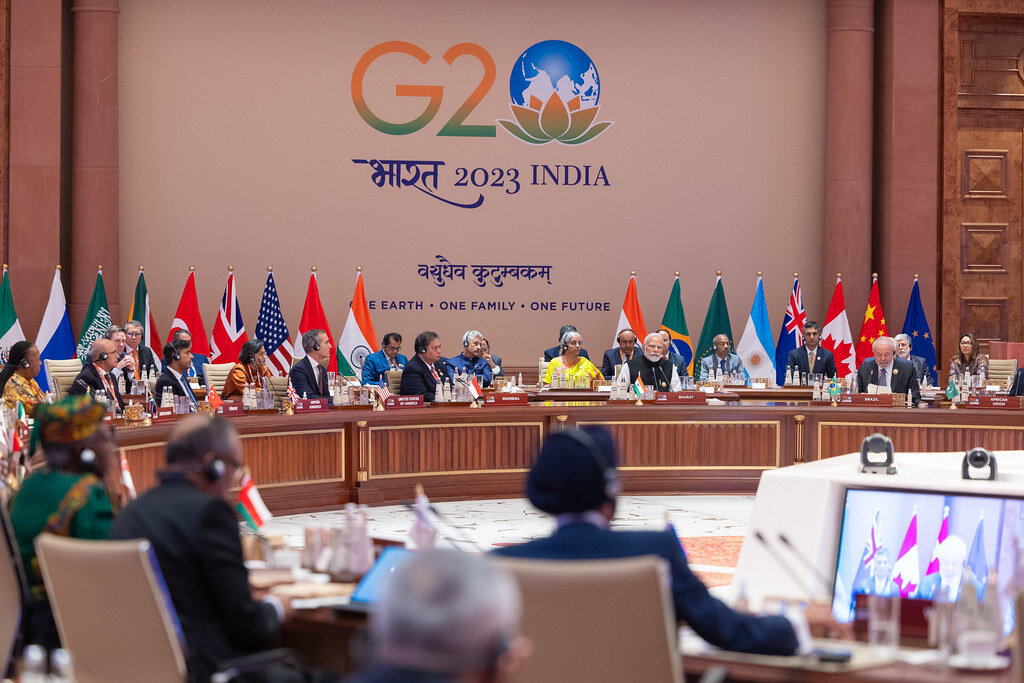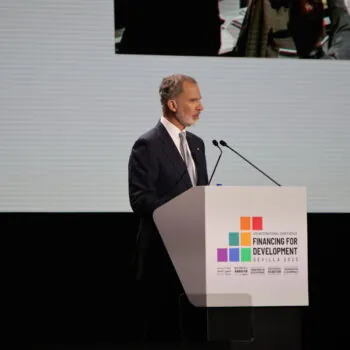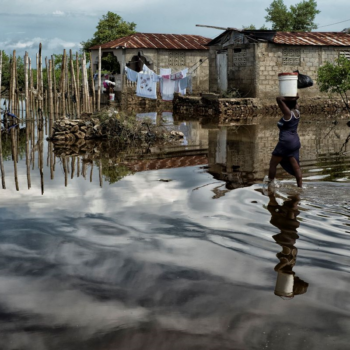On October 13, 2023, on the margins of the Annual Meetings of the World Bank and IMF held in Marrakech, Finance Ministers and Central Bank Governors of the G20 met for the last time under India’s presidency. As Brazil prepares to take over the G20’s presidency for 2024, the time is ripe to reflect on the role of this multilateral forum, specifically in its Finance track: what it should deliver; what it effectively delivered this year; and what can be hoped for, if at all. In 2023, the G20 Finance largely muddled through, but its last meeting in Marrakech delivered more than expected and served as a good reminder not to dismiss this forum, especially not with Brazil at its helm.
To be sure, there were no expectations that the G20 would showcase ambition and results this year on the full-fledged finance system reform agenda needed to secure climate safety. The G20 defines itself as the “premier forum for international economic cooperation”, but in the current context, “muddling through” was to be expected. Geopolitics are highly fraught; there are economic and financial tensions, but not the kind that will successfully push governments’ backs to the wall and force their hand on ambition and cooperation.
The short press release published after the April 2023 meeting of G20 Finance Ministers is perhaps the most telling example of the G20 muddling through this year, with very little to take away from (the spring meeting of G20 Finance Ministers is usually a key one and lends itself to lengthier statements). In terms of substance, the July 2023 meeting of Finance Ministers, and the G20 Leaders’ Summit held in New Delhi in early September, showed due consideration paid to the important role of public finance and international financial institutions in spurring a successful transition to climate safety; ambition levels of these texts were much lower when it came to discussing the role played by new norms and rules in the field of sustainable finance to secure adequate private finance for the transition.
However, at their Marrakech meeting, G20 Finance Ministers exceeded expectations, with a communiqué that gave a stronger sense of direction to the international economic and financial cooperation agenda for climate safety:
- First, on reform of the international financial architecture, especially of multilateral development banks (MDBs). Their evolution, especially that of the World Bank, is critical to achieving climate safety, and while progress has been made, much remains to be done, and the challenge is to keep the momentum going. The G20 Finance showcased unexpected ambition, with language suggesting that methodological changes to the way MDBs use their available funds may be just a first step in their evolution – one that could lead to future increases in capital and investment capacity. It is the first time official G20 language acknowledges capital increases for MDBs as a possibility
- Second, they signalled the importance of the evolution of rules that govern finance in the context of a changing climate – what the IMF calls the “climate information architecture”. They endorsed the 2023 report of the G20’s Sustainable Finance Working Group (as opposed to just welcoming it or taking note of it). Transition plans for the private sector are a fast-emerging, critical norm to align finance with climate resilience; this report acknowledges and encourages these. More work on this is necessary in 2024 in multilateral fora, like the G20, but this is a good start.
It is not time to dismiss the G20, but to reinvest hope in it. The unfolding situation in the Middle East brings significant new risks to economic cooperation. It also highlights the value of dialogue. The G20 Finance, especially now that the African Union has formally joined the grouping, can play a unique role in fostering a new economic and financial doctrine fit for the age of the polycrises, starting with climate. The current context also shows the limits of other fora set up to compete with the G20 (e.g. the BRICS+, whose newly admitted members, Iran and Saudi Arabia, are at diplomatic odds).
Brazil taking over the G20 also gives reason to hope. Domestically, the current government has expressed strong ambitions on sustainable finance. At the same time, it has to grapple with marked ongoing development challenges, such as food insecurity. Brazil is uniquely well-fit, within the G20 Finance especially, to make the case for climate and development as twin challenges, and to propose a concrete and ambitious action plan to tackle both. It can start by building on the positive steps taken in Marrakech.


